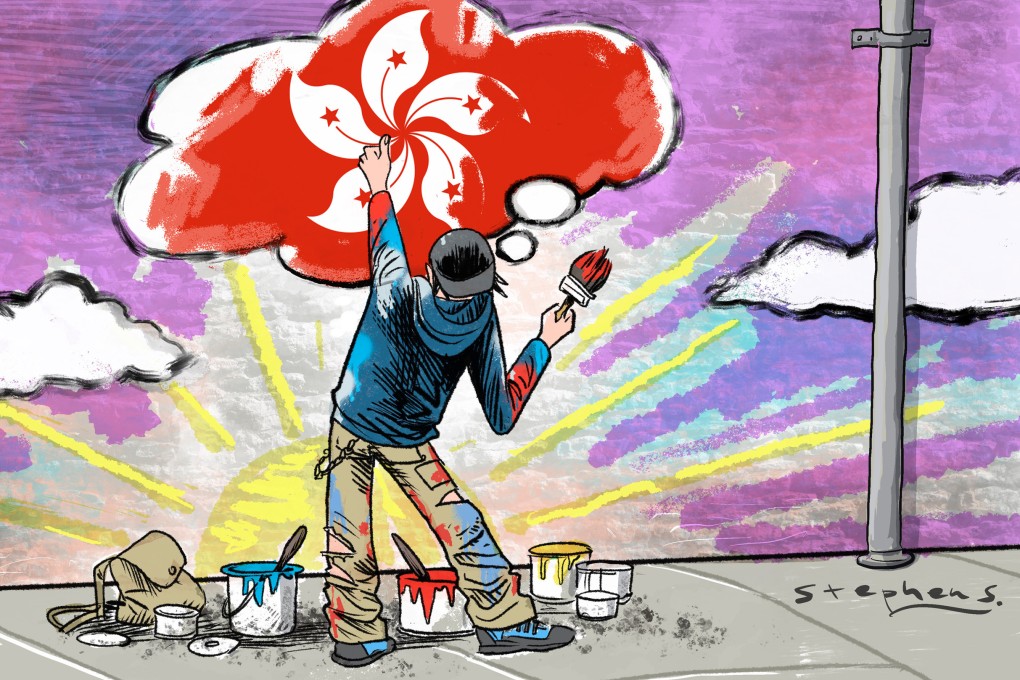Opinion | In solving Hong Kong arts hub woes, we mustn’t miss the big picture
- The financial travails of the West Kowloon Cultural District must not obscure the question of Hong Kong’s future as a global hub for creative arts
- Much more must be done to nurture the arts ecosystem from the grass roots up and among younger generations

Thus, any knee-jerk reaction to the financial issues facing the West Kowloon project may risk undermining the value it can bring as a flagship in the city’s creative arts ecosystem.
In the larger scheme of things, the lack of a thriving and expansive creative arts ecosystem for the West Kowloon project to be the heart of does not bode well for its long-term financial future, nor the bigger opportunity it represents.
This raises the question: are we underestimating the true exportable value of Hong Kong’s creative arts by pinning our hopes on a massive infrastructure investment in West Kowloon? Rather, should we be doing much more to nurture the arts ecosystem from the grass roots up? And this should also be considered in the context of the virtually unlimited potential that the city holds, through its sovereign and cultural ties to the vast market on the mainland.

